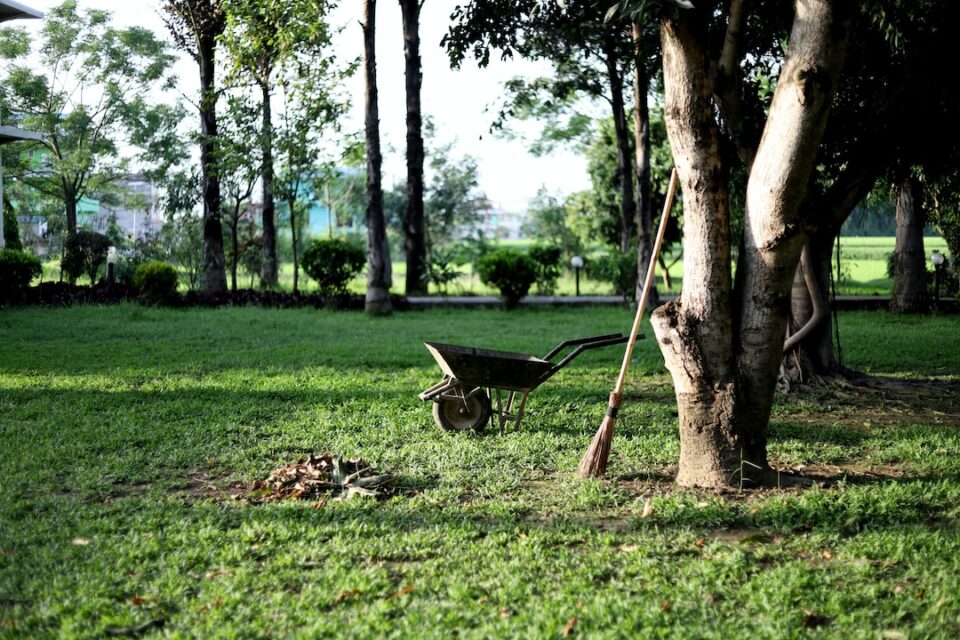Tips for Successful Organic Gardening: Nurturing the Environment and Your Crops
Organic gardening is gaining popularity as more and more people seek healthier and more sustainable lifestyles. Unlike conventional gardening, which relies heavily on synthetic fertilizers and pesticides, organic gardening is all about working in harmony with nature. By implementing a few simple strategies, you can achieve a thriving garden while nurturing the environment and producing abundant and healthy crops. Here are some tips to get you started on your organic gardening journey:
1. Build Healthy Soil: Healthy soil is the foundation of a successful organic garden. Focus on improving the soil by adding organic matter such as compost or well-rotted manure. This will enhance the soil structure, increase water retention, and provide essential nutrients for your plants.
2. Companion Planting: Take advantage of companion planting, which involves growing different plants together that benefit each other. For example, planting marigolds alongside tomato plants can help deter pests and boost pollination. Similarly, planting herbs like basil and parsley near your vegetables can repel insects.
3. Use Natural Pest Control: Instead of resorting to chemical pesticides, explore natural ways to control pests. Encourage beneficial insects like ladybugs and praying mantises, which feed on harmful insects. You can also make garlic or chili sprays to discourage pests, or use physical barriers such as nets to protect your plants.
4. Mulch, Mulch, Mulch: Apply a layer of organic mulch around your plants to help retain moisture and suppress weeds. Mulch also improves soil health as it decomposes over time. Options like straw, grass clippings, or shredded leaves work well as organic mulch.
5. Save and Use Rainwater: Collect rainwater in barrels or containers to use for irrigation. By doing so, you reduce your reliance on tap water, save money, and provide your plants with chemical-free water.
6. Rotate Crops: Crop rotation is a technique that helps prevent soil depletion and the buildup of pests and diseases. Rotate your crops each year, ensuring you don’t plant similar crops in the same spot consecutively. By rotating crops, you balance nutrient requirements and minimize the risk of pest infestations.
7. Compost, Compost, Compost: Composting is the ultimate way to recycle kitchen scraps and garden waste. Transforming organic material into nutrient-rich compost not only reduces waste but also offers a sustainable source of natural fertilizer for your garden. Follow a simple composting guide to create your own ‘black gold.’
8. Be Patient and Observant: Patience and observation are key qualities for any successful gardener. Pay attention to your plants, make adjustments as needed, and learn from your mistakes. Gardening is a journey, and sometimes the best lessons come from the challenges we face.
Organic gardening is about more than just growing food; it is about fostering a connection with the environment and working in harmony with nature. By following these tips, you can create a thriving organic garden that benefits both the health of the environment and the bountiful crops that you will enjoy. So, grab your gardening tools, get your hands dirty, and embark on an organic gardening adventure today.

